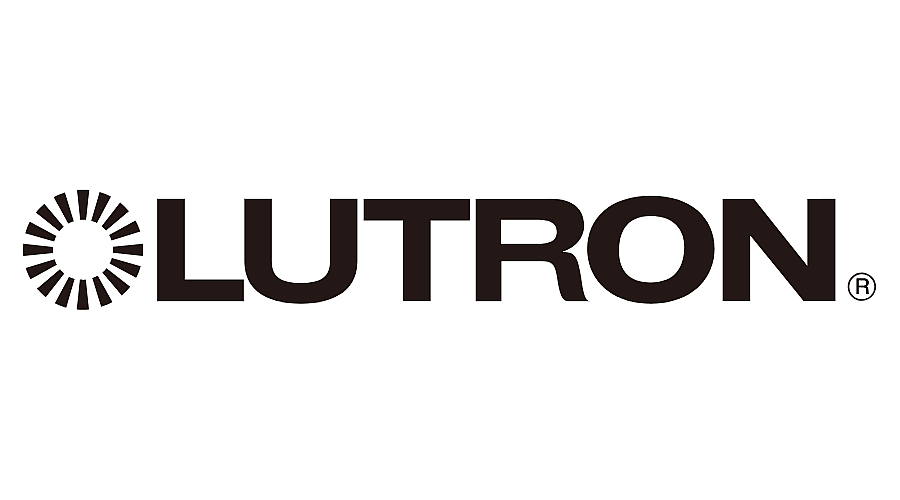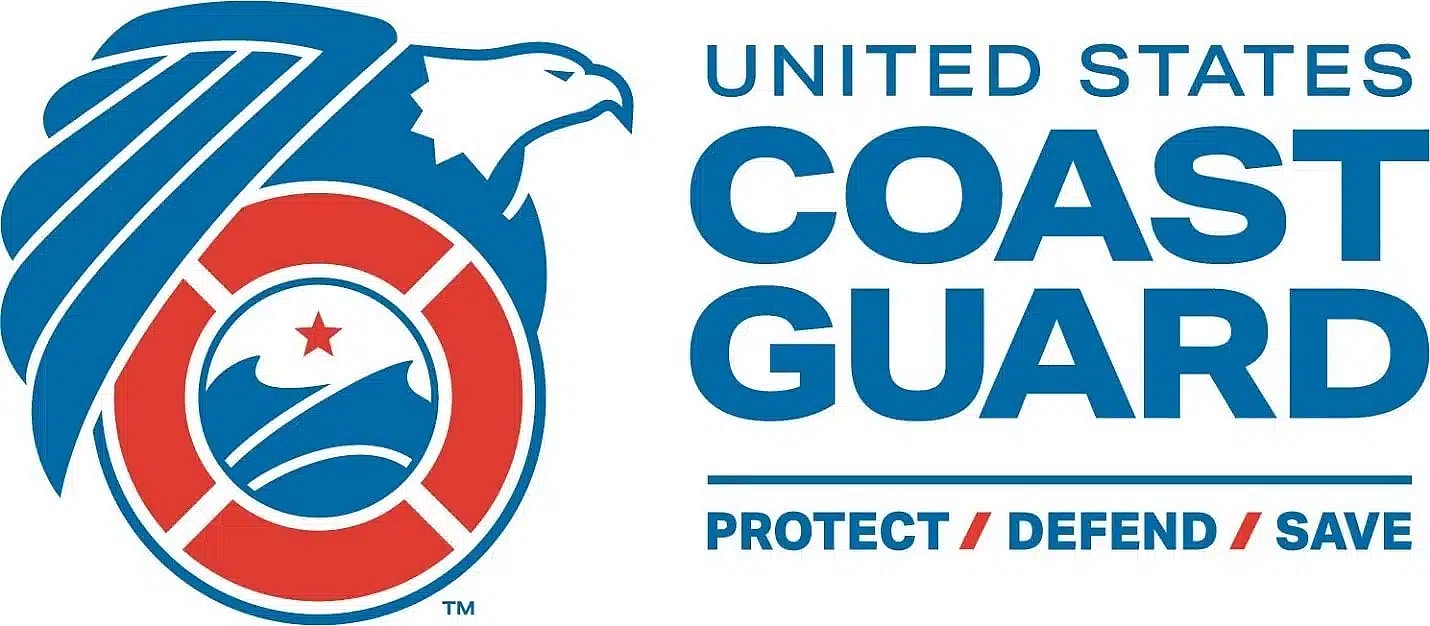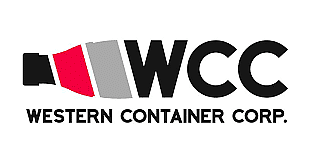How Soil Resistivity Affects Pipes
People rarely consider the soil that surrounds infrastructure. For many, it acts as cushioning for pipes, but the soil can severely impact pipeline health. Discover how soil resistivity affects pipes by reading ahead.
Soil and Corrosion
Soil can be highly corrosive. Soil resistivity is a measure of how much soil can resist electrical flow, determined by its moisture content. As moisture increases, soil resistivity decreases. This means that the more moisture present in the soil, the more corrosive the soil becomes to pipelines and other infrastructure. Below are a few different factors that affect soil corrosivity.
Temperature
As the soil’s temperature approaches freezing point, the soil becomes more resistive to corrosion—but as the temperature drops below the freezing point, the soil resistivity quickly plummets.
Acidity
A pH level of seven is the most ideal for the soil surrounding pipelines. Levels below five are extremely corrosive and dangerous for metals.
Aeration
Aeration is the amount of air trapped in the soil, which affects water retention and evaporation. You must pay attention to aeration within the soil to understand moisture content.
How This Affects Your Pipeline
Depending on your pipeline and the infrastructure’s location and size, there is a chance the corrosivity will create severe financial burdens to keep the pipeline safe.
Corrosion prevention is a must for any pipeline, but especially those located in highly corrosive soil. Many times, changing the composition of the natural soil along hundreds of miles of pipeline isn’t feasible. Pipeline owners must adapt to the conditions.
What Happens To Pipelines Not Protected From Corrosive Soil
When a pipeline sits in corrosive soil without the implementation of any corrosion protection methods, it will deteriorate. Pipeline deterioration can threaten the surrounding environment and any communities nearby, as corroded pipelines often leak.
Now that you know how soil resistivity affects pipes, you can safeguard against it. For the best corrosion protection for your pipelines and other infrastructure, contact Dreiym Engineering. We employ a dedicated team of certified engineers to protect your applications from corrosive soil and dangerous conditions. Contact us today for more information on a pipeline integrity inspection, soil corrosivity testing service, and more.












































